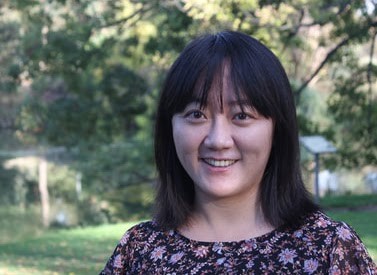Title: Work Load and Economic Preferences: Stress versus Available Financial Income
Speaker: Wenbo Zou, Nankai University
Time:13:30 – 15:00 (Beijing Time, GMT+8), 9th April, 2021
Venue: Room 406, Zengxianzi Building, Shipai Campus, Jinan University

About the Speaker:
Wenbo Zou is an assistant professor at Nankai University. She obtained her Ph.D. from University of California, Davis in 2016. Her research interests include Behavioral Economics, Experimental Economics, and Development Economics. She has published in World Development, Journal of Development Studies etc. Her projects have been funded by the Youth Programme of National Natural Science Foundation of China (NSFC). She has been recently working on topics including social norm, group identity, information processing, and goal setting.
Abstract:
In many professionals, work load have great seasonal variations. As work load and work intensity increase, workers' economic decisions may be distorted because of the associated stress, which may not be offset even if the work load increase is associated with more available financial income. In this paper, we exploit the dramatic increase in work load and work intensity in the delivery industry before and after the Double-11 sales season in China. By randomizing the timing that workers in a delivery sorting center participate in our online survey experiment, we aim to estimate the causal relationship between work load and choices in incentivized economic preference experiments. We find that workers surveyed right after the sales season are significantly more risk averse and ambiguity averse than those surveyed right before the sale season; the difference is magnified after a time lag when workers have received the increased wage income associated with the sales season. While receiving the received wage income is negatively associated with risk and ambiguity aversion, its effect is apparently too small to offset the positive impact of experiencing the busy sales season. However, such timing effects can not be explained by the stress data we collect using standard psychological survey questionnaires either, probably because these self-reported measures are too coarse. We do not find any timing effects in time preference, social preferences, the extent


